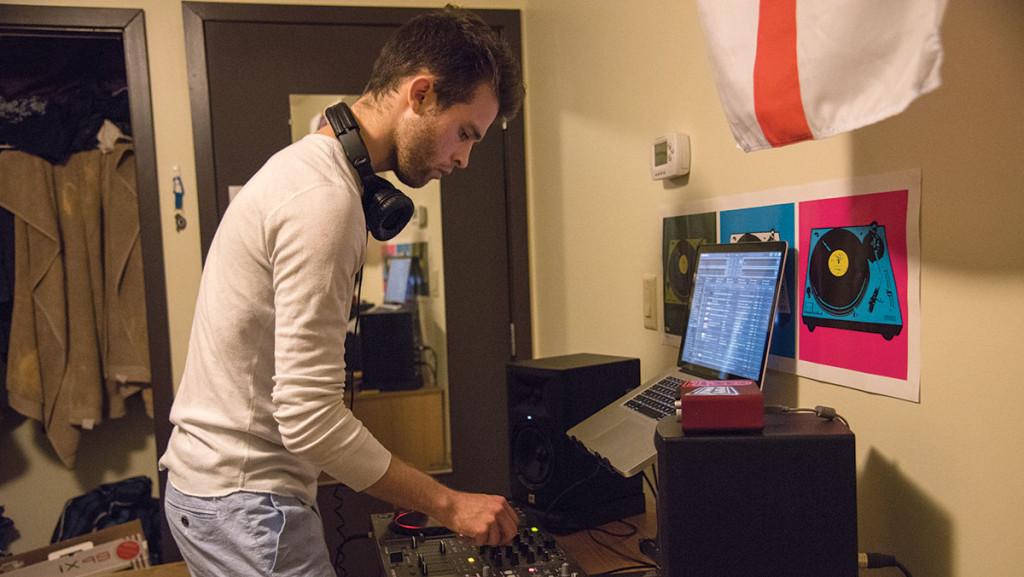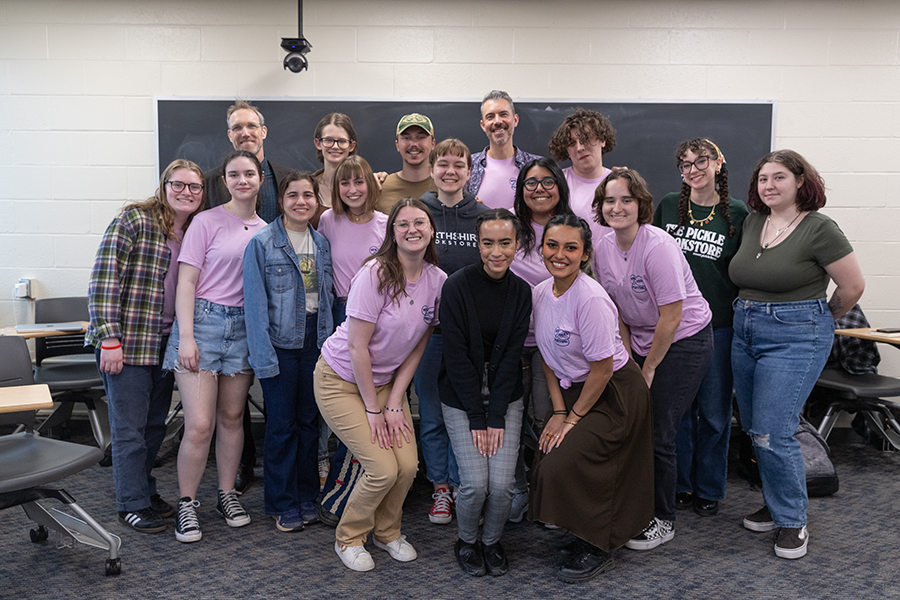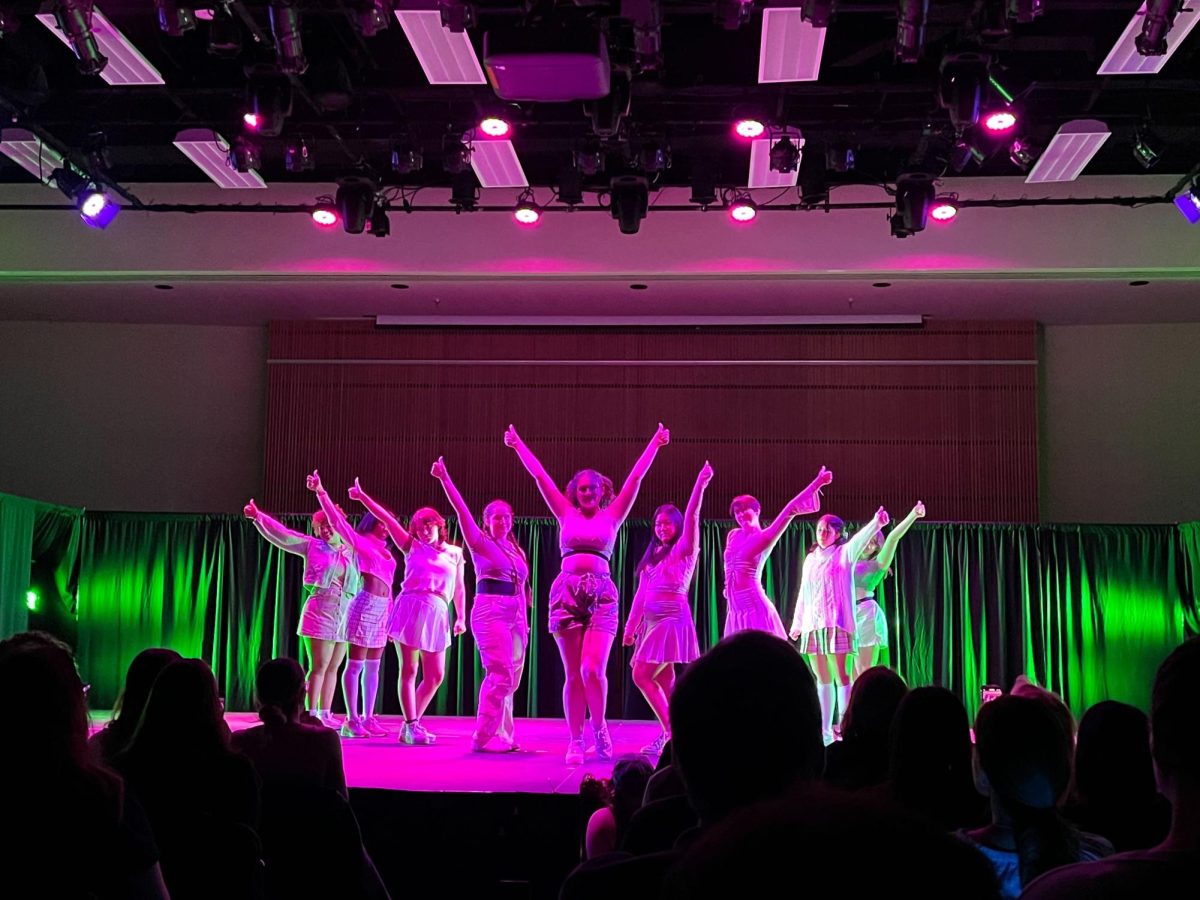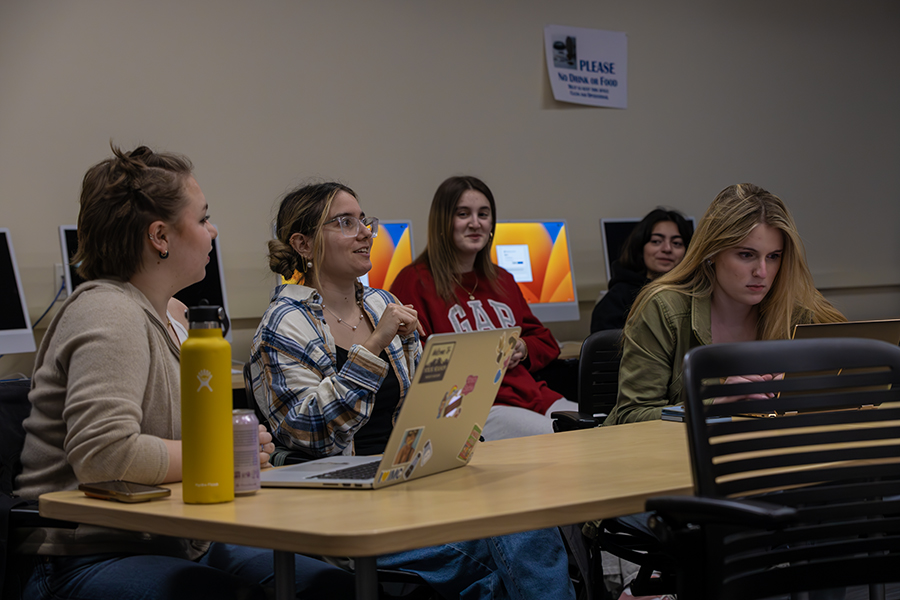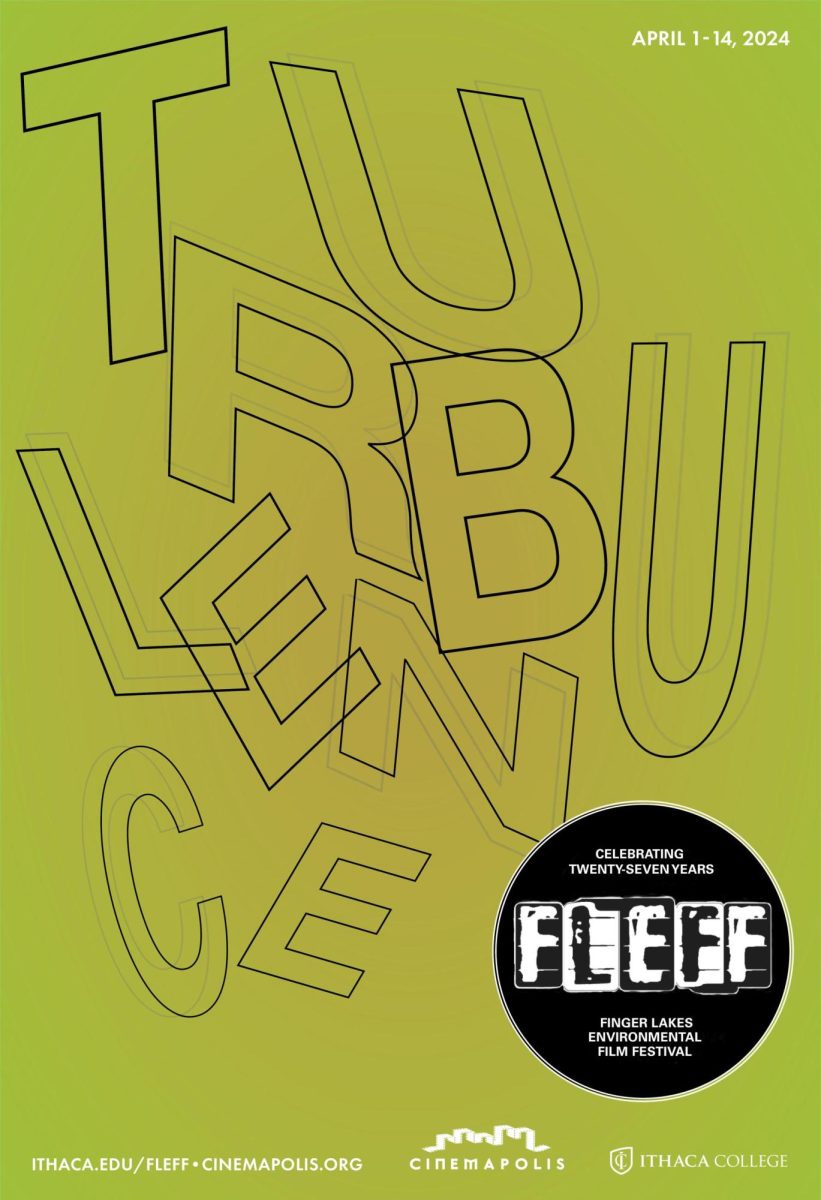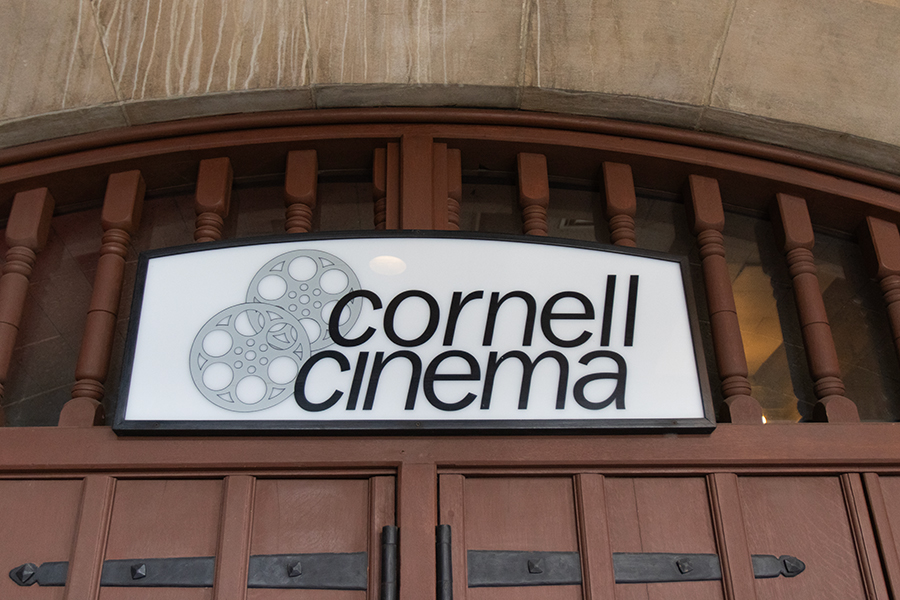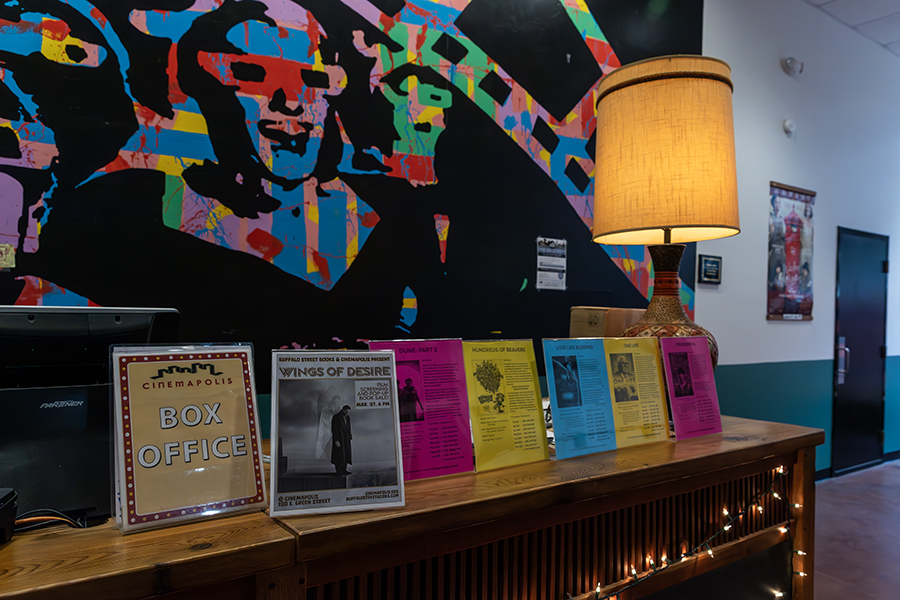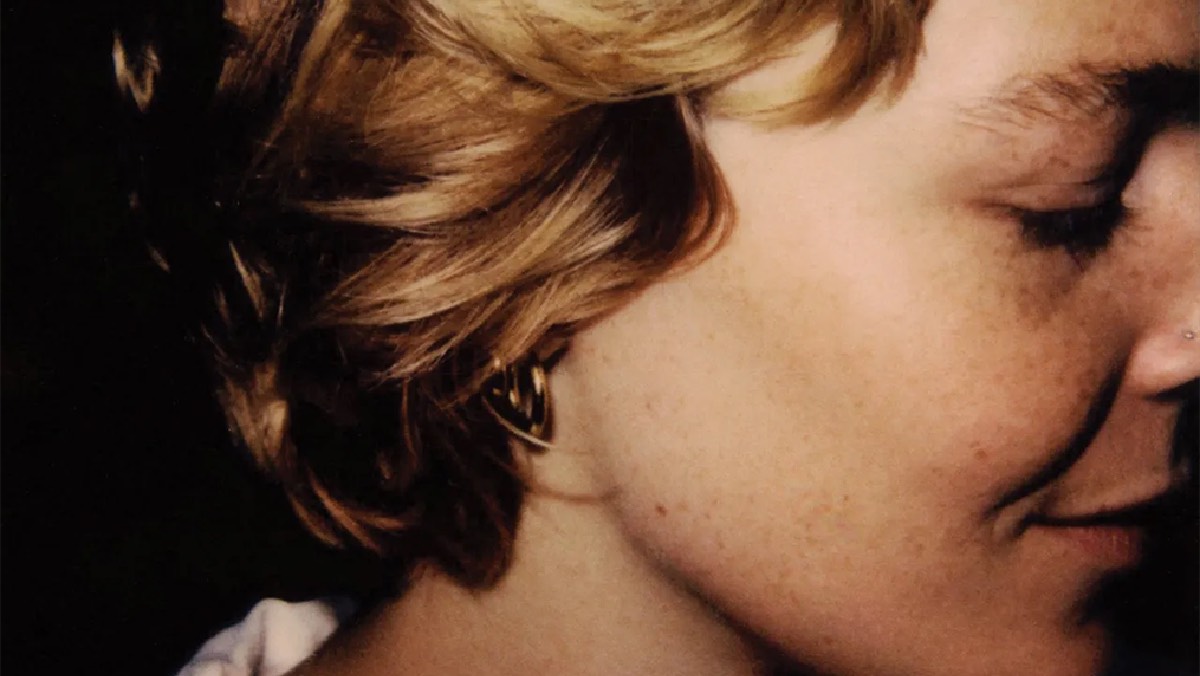A laptop, two speakers and a blank page — the only things senior music producer and Disc Jockey Dylan Scott needs. Armed with these, and in combination with a strong passion for music, Scott can create any piece of music he wishes, the opportunity to explore endless musical possibilities at his fingertips.
An exercise science major, Scott produces under the stage name Latimer, stylized LTMR. Scott was first exposed to music composition when he entered the Hartt School of Music of the University of Hartford in Connecticut in Fall 2011 and was provided with a software package for music production. Released in March 2015, Scott’s “Crazy in Love” remix is a product of his talents and passion for creating music, attracting over 2,000 plays on SoundCloud and placing No. 14 on Hype Machine charts, an internationally known online music site.
What is evident in Scott’s remixes, ultimately setting him apart from house music and the greater electronic-dance music genre, is the prevalence of a softer, calmer vibe with the steady and soothing buildup of background instruments.
Influenced by his jazz styling and music theory background, Scott said he often looks at music through a more technical perspective. When creating mashups, Scott said he often looks for songs with structured and compelling chord progressions.
“I like songs that are more structured like a pop song, I guess, or I think of old [rhythm and blues] standards like Marvin Gaye and stuff like that, like those people who just really mastered how to structure a song,” he said. “I try to make things that people of different generations could appreciate and could kind of stand the test of time.”
A native of Philadelphia, Scott names electronic music artists such as Darius, Bondax and Disclosure as some of his musical inspirations and also credits genres such as ’90s hip-hop, R&B and old soul for influencing his music. Prior to delving into music production and the house music scene, Scott traced his musical roots to his childhood and teenage years, in which he learned to play several instruments and participated in his high school jazz band. Scott also said his parents frequently took him to jazz and rock concerts as he was growing up, greatly fostering his love for music.
“I can’t really remember a time where I wasn’t infatuated with or had music all around me,” he said. “I don’t think I would’ve been interested or gotten as far with it if they hadn’t supported me, so I probably have them to thank more than anybody.”
Echoing this sentiment, Roy Scott, Scott’s father, said Scott developed a propensity for music due to the constant exposure to various music styles from him and his wife, Laura Morris.
“I think that all of that kind of coalesced in a way that he was able to kind of develop his own sensibilities,” Roy said. “Where he’s at now is a direct result of being exposed to a lot of different types of music.”
Although the Hartt School provided exposure to the nuances of music production, a distaste for the school’s competitive nature spurred Scott to transfer to Ithaca College in 2013 as an exercise science major. He said the move ultimately gave him the freedom to grow as a music producer. The transfer also facilitated his rise in popularity, as he is often found on weekends deejaying for Cornell University sororities and fraternities and several on-campus events.
Despite the inherent differences between sports and music, Scott said the sports psychology focus on stress management and anxiety relief has become intertwined with his musical career.
“We’ve learned so much about muscle relaxation techniques and all these different scripts and ways to stress manage and relieve anxiety and things like that,” he said. “A lot of my music is not really hype, or crazy or anything like that. It’s pretty, hopefully, relaxing and nice to listen to but also, at the same time, danceable.”
As a DJ, Scott said he has always loved playing music for his friends and enjoys the challenge in consistently finding the right genre to appeal to his audience.
“A lot of the time I have to kind of gauge their reaction to things and kind of figure out what will make them dance or have a good time,” he said. “I think that’s always a challenge, but that’s one of the reasons why I like it too.”
Senior Eric Gottschalk, Scott’s booking manager, transferred to Ithaca at the same time as Scott and, upon hearing his music and noticing his generally low popularity, offered to help with his publicity and exposure with his background in business administration and marketing. Gottschalk also said he often spends time with Scott while he works on new projects, giving him feedback and insight.
“I just thought, ‘He has a really interesting sound.’ It’s a unique sound,” he said. “You don’t really hear it around too much.”
With his post-college future right around the corner, Scott said he wishes to continue pursuing music and hopes that his professional endeavors can share the same positive impact music has had on him with others.
“Listening to music is the one thing, no matter what, that will always make me feel better, less stressed out or anxious,” he said. “That’s my biggest wish — that my music could kind of help people with that kind of stuff.”


